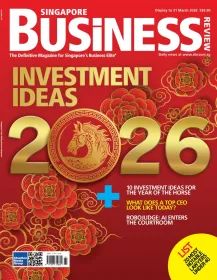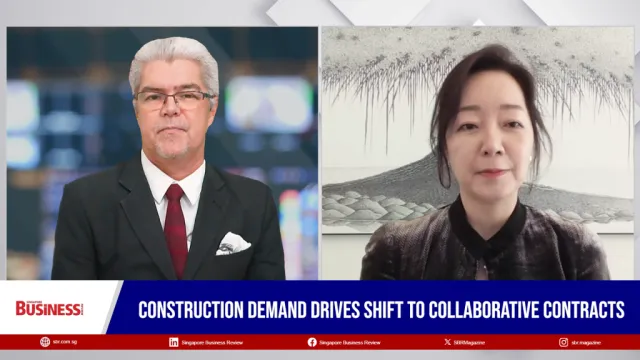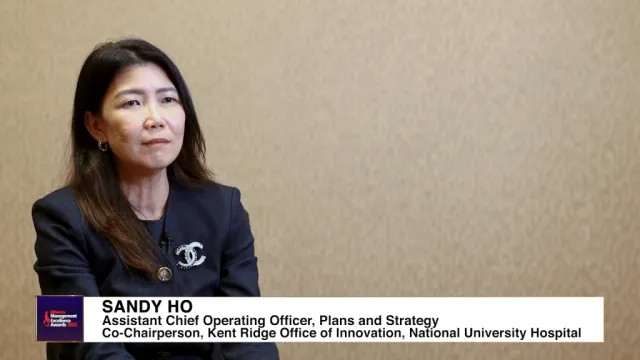Join the community
Thought Leadership Centre
Most Read
1. Singapore to slash CDC vouchers as Budget 2026 pivots to defence 2. Budget 2026 to surge tech funding as ageing workforce squeezes growth: analysts 3. OCBC and UOB to reverse year-long NIM slide in Q4 4. E-ang bao use jumps nearly 50% in 2025 as seniors ditch red packets: OCBC 5. UOB set for growth as DBS, OCBC earnings hold steady: reportResource Center
Awards
Apr
14
Event News
Singapore Business Review Management Excellence Awards 2025 Winner: Moninder Jain of Logitech Singapore Pte Ltd
Moninder Jain of Logitech Singapore highlights how human and AI collaboration strengthened the company’s market position.


 Advertise
Advertise
















Commentary
What Makes Singaporean Social Network Users Tick?
What Makes Singaporean Social Network Users Tick?
Overseas Job Seekers Revive their Career in Asia
Is the global labour market freeing up again and are people still as keen to move abroad for work?
How to Reduce Risk in Infrastructure Project Finance
Acing the interview
What's in a name?
Are your assets working to their full potential?
Safeguarding the Singapore brand
Now what Singapore?
Don't be the crash dummy for your long-term investment strategy
Diversification: A Look at Risk Factors
As employment markets free up, does the power currently sit with employer or employee?
Minimise the future impact of skills shortages
Non executive directors under pressure on executive pay
Paula Eastwood: What a year we have had!
Opinions on Budget 2010: Corporate Tax
Opinions on Budget 2010: Financial Services Sector